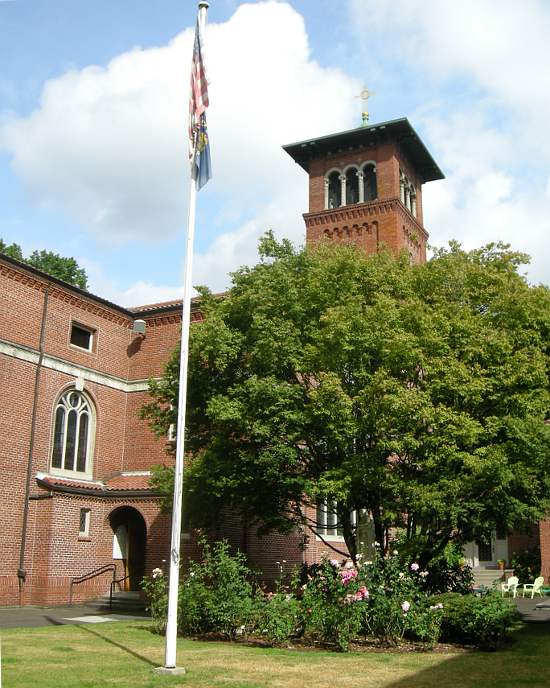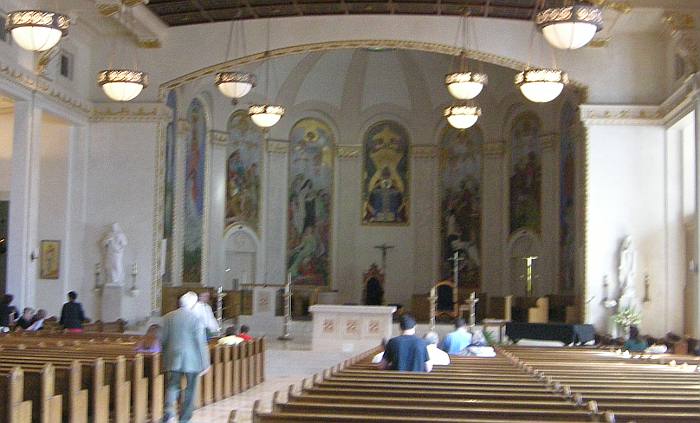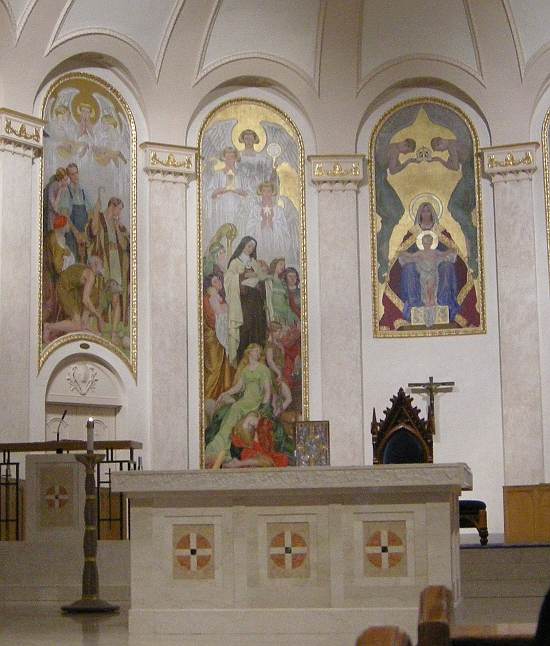Viktig at messen synges


Forrige søndag var i i søndagsmessen i St Mary’s Cathedral i Portland, Oregon. Det er en mye mindre kirke enn den store domkirken i Los Angeles, og mer tradisjonell i formen, men dessverre har man også der et alter uten verken lys eller krusifiks – se under.

Og felles for messene i disse to domkirkene er at presten ikke synger noe; dette er typisk for USA – og et stort tap. I Portland var salmevalget godt og musikken god, men presten ødela en hel del med sine små (men likevel svært uheldige) tillegg og forandringer i messens liturgi.
Jeg leste også nylig, i et foredrag om den nye engelske oversettelsen av messen, om viktigheten av at messen synges; både prestens bønner (som vi ofte gjør i Norge) og messens inngangsvers, offertorium og kommunionsvers:
Maybe the greatest challenge that lies before us is the invitation once again to sing the Mass rather than merely to sing at Mass. This echoes the injunctions of the Council Fathers in the Constitution on the Sacred Liturgy and reflects our deeply held instinct that the majority of the texts contained in the Missal can and in many cases should be sung. This means not only the congregational acclamations of the Order of Mass, but also the orations, the chants in response to the readings, the Eucharistic prayer and the antiphons which accompany the Entrance, the Offertory and the Communion processions. These proper texts are usually replaced by hymns or songs that have little relationship to the texts proposed by the Missal or the Graduale Romanum and as such a whole element of the liturgy of the day is lost or consigned to oblivion. For the most part, they exist only as spoken texts. We are much the poorer for this, as these texts (which are often either Scriptural or a gloss on the Biblical text) represent the Church’s own reading and meditation on the Scriptures. As chants, they are a sort of musical lectio divina pointing us towards the riches expressed in that day’s liturgy. For this reason, I believe that it is seriously deficient to consider that planning music for the liturgy ever begins with a blank sheet: there are texts given for every Mass in the Missal and these texts are intended for singing.
Kardinal George i Chicago snakket nylig også litt om det samme i et foredrag om den nye engelske oversettelsen:
The translations have been made with singing them in mind, so there should be more music in the eucharistic celebration. Liturgical musicians have been working on adaptations and new melodies for the Mass chants. …
